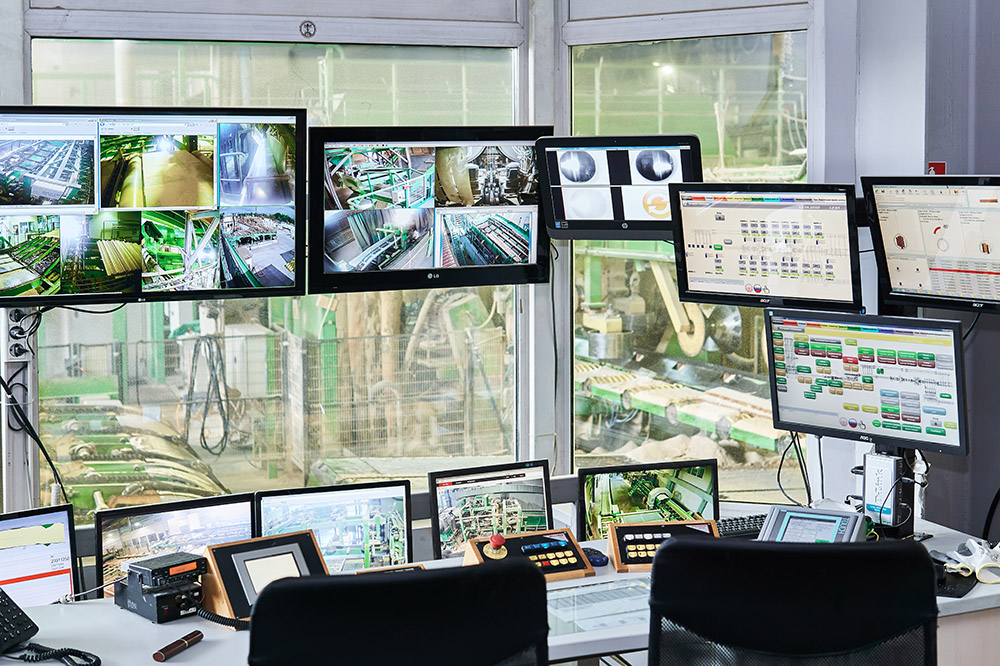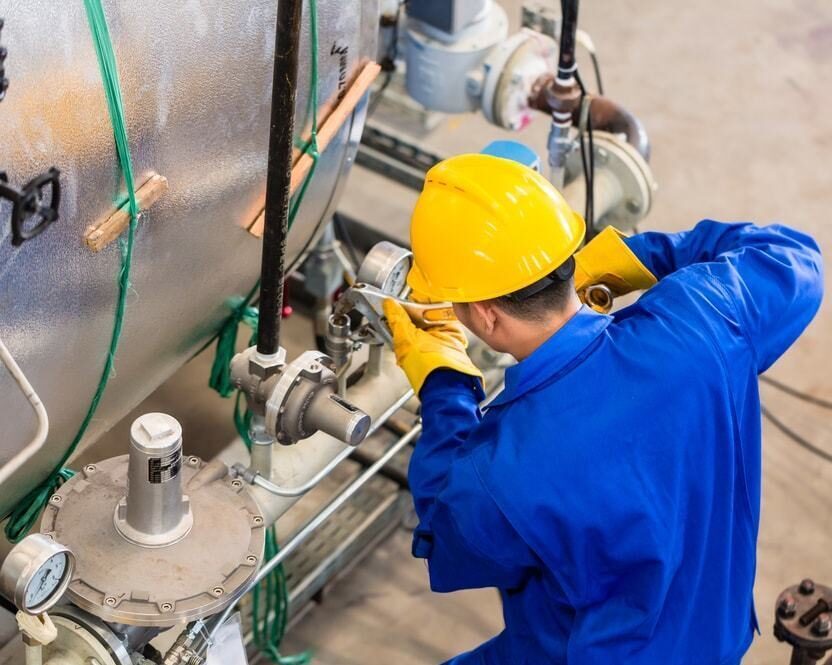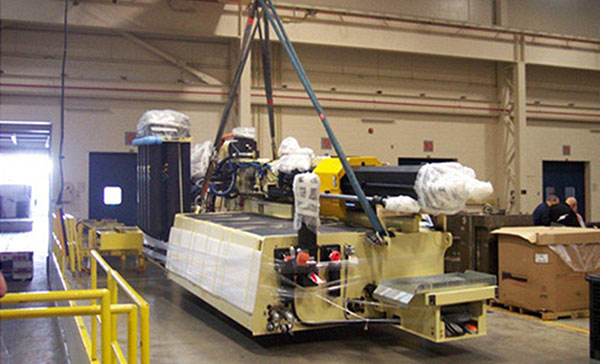Millwrights Keep Sawmills Running
In the heart of the lumber industry, sawmills are bustling hubs where raw timber is transformed into usable lumber, playing a crucial role in various sectors from construction to furniture making. At the core of these industrious operations are millwrights. Sawmill millwrights ensure that the sawmills run smoothly, efficiently, and safely. Let’s delve into the indispensable role millwrights play in keeping sawmills operational.
The Backbone of Sawmill Operations
Millwrights in sawmills install, maintain, repair, and oversee the complex array of equipment that saws, cuts, and processes timber. Their expertise is not just in understanding how each piece of machinery works but also in knowing how these machines work together as part of a larger system. This holistic understanding is critical in a setting where any disruption can lead to significant operational delays.
Sawmill Millwrights Perform Installation and Setup of Machinery
When new machinery arrives at a sawmill, millwrights are the professionals called upon to install it. This process involves much more than simply putting pieces together. Millwrights meticulously interpret blueprints and ensure that each piece of equipment is placed with precision. Correct alignment is key to ensuring that machines operate efficiently and safely, a task that requires a keen eye and experienced hands. A sawmill millwright will be familiar with precision as the entire plant’s intergrety may depend on it.
Sawmill Routine Maintenance and Upkeep
The environment in a sawmill is tough on machinery. Continuous operation, coupled with exposure to sawdust and wood chips, can wear down even the sturdiest equipment. Sawmill millwrights perform regular maintenance to prevent breakdowns. This includes cleaning, lubricating, and replacing worn parts. They understand the importance of preventive maintenance – a machine that is well cared for is less likely to fail unexpectedly.
Emergency Repairs and Problem Solving
Despite the best maintenance practices, breakdowns can still occur. When they do, millwrights are the first responders. They must quickly diagnose the problem and repair it. Their ability to think on their feet and solve problems swiftly minimizes downtime and keeps production on track. This aspect of the job requires not only technical skills but also an in-depth understanding of sawmill operations and processes. Emergency repair for sawmills are taken seriously as even short downtimes can be extremely costly for lumber mills.

Upgrades and Improvements
As technology advances, so does sawmill equipment. Millwrights play a crucial role in upgrading machinery and integrating new technologies. This might involve retrofitting older machines with new parts or installing completely new systems. Their work ensures that sawmills remain competitive by increasing efficiency, improving safety, and reducing costs. A good sawmill millwright will be familiar with the latest technology available for sawmill automation.
Safety as a Priority
Millwrights are also custodians of safety in sawmills. They ensure that all machinery complies with safety regulations and standards. Their work plays a significant role in preventing accidents and injuries, making them pivotal in creating a safe work environment.
Sawmills need Millwrights
Millwrights are the vital cogs in the smooth running of sawmills. Their work may often go unnoticed, yet without their skills and dedication, the process of turning timber into lumber would be less efficient, more costly, and potentially dangerous. From installation and maintenance to repairs and upgrades, millwrights ensure that sawmills operate seamlessly, supporting an industry that is integral to our everyday lives. If you’re looking for a certified millwright for a sawmill, contact Bullet Trade Services.


